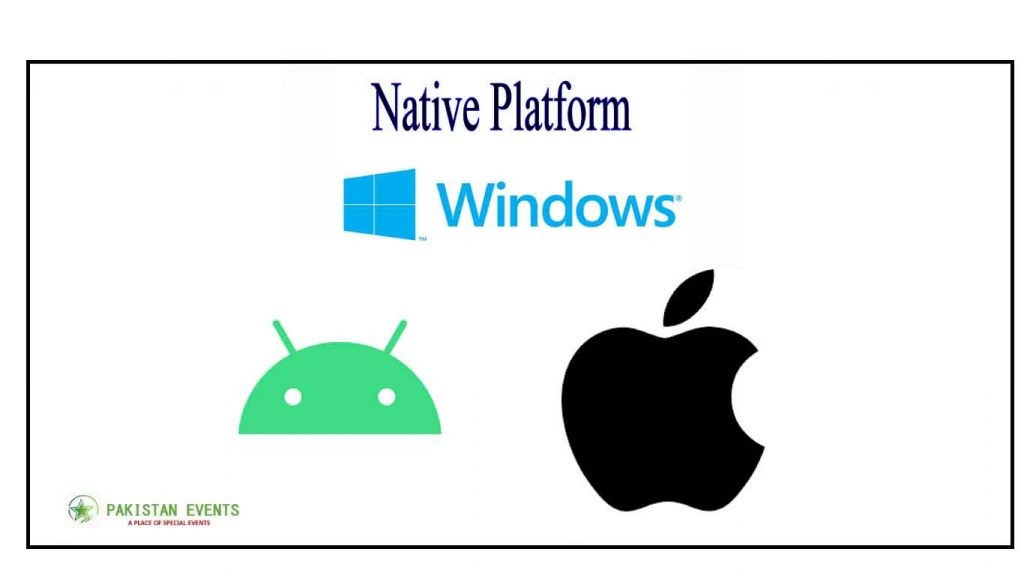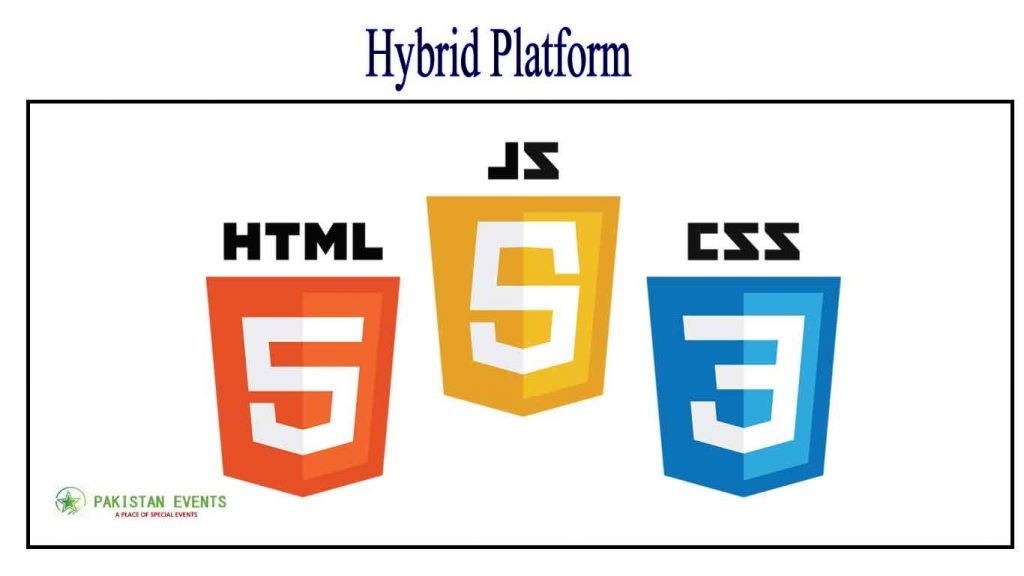It feels exciting when you start deciding to develop an application. It is a path requiring lots of decisions rather than considering mobile app development as a typical venture. At the beginning of a journey, the first and crucial decision that led to the entire development’s foundation is to choose between a native and hybrid app. This judgment decides where you and your venture will go. You can get the best idea from the mobile app development company.
Let’s see the difference between both and which way you should choose to go with it.
What are Native Apps?

As the name is suggesting, native applications are apps execute natively on a mobile device. With the use of computational power and the device’s processor, the app runs directly. Native apps support only one platform, which means that if an app is developed for Google Android devices, it will not work on Apple iPhone and vice versa. These applications are programmed in the platform’s native scripting language, allowing it to access the device’s hardware, sensors, and features. In iOS, the scripting languages are Swift and Objective-C, and on the Android platform, Kotlin and Java serve the purpose.
What are Hybrid Apps?

Unlike native apps, hybrid applications are not platform-specific. They typically use web technologies. In technical terms, a hybrid app is a web app consisting of native app-like functionalities like push notifications.
There are two sides in which a hybrid app is divided. One is the backend, and the other is the frontend, coded in HTML, CSS, or JavaScript. And there is a shell that downloads into the user’s device directly.
For developing a hybrid app, there are several third-party frameworks available to use. Flutter and React Native is famous and preferable from many options.
What Pros and Cons Come with Native App Development?
Pros
Native Behavior – The device experience with the native app is exceptional. It feels familiar to a user’s mobile device or tablet computer.
Loading time– As the device and app language same and know each other, the loading and response time is much faster.
Performance of Graphics– Due to being native, the graphics loading speed and gameplay performance are better.
Cons
Time – As native development supports one platform, developing two identical apps for two different platforms requires enormous time.
Cost– The expense to develop a native app is more. Besides, the maintenance and support costs get doubled as you are managing two separate codebases.
Customization – Bounded with the platform’s design principles and standards, UI customization becomes tricky and complex.
Developer Force – To develop a native app for iOS and Android platforms, you will need two separate specialized teams.
Maintenance – Time, cost, complexity increases when it comes to maintenance. Dealing with two different codebases is not an easy task to do. Adding new features, improving existing functionalities, fixing bugs, and several other things need a redo.
What Pros and Cons Come with Hybrid App Development?
Pros
Economical – Compared to native development, hybrid application development is less expensive.
One Team – As Hybrid is cross-platform, a single team you have to take on board to do the job.
Single Codebase – A one-time development hit both Android and iOS platforms simultaneously.
Less Time– The build time required in hybrid app development is less than the native app due to its single codebase.
One Programming Language – The developers who work on cross-platform apps do not require to learn multiple programming frameworks, languages, and technologies.
Cons
Lack Performance – Here is a significant tradeoff. Hybrid apps share a common codebase which results in low performance and inconsistent user experience.
Absence of Native Features – Cross-platform applications cannot fully utilize the operating system’s features. It is because the interaction between framework non-native code and device is inconsistent. You may say that they do not know each other very well, so the operating system does not give complete control to hybrid apps.
Slow Loading– Hybrid app needs an additional layer and communication bridge to interact with the device, resulting in slow loading and response.
Mobile App Development Cost
The feasibility of any development project analyzes by the cost, one of the crucial factors. A considerably big difference is present between the native and hybrid mobile app development cost. One hybrid app is cheap to develop than two native apps. Companies usually go with the hybrid approach as they do not want to lose their existing audience; otherwise, they separately develop two identical apps in native style. The time to market is also less with the hybrid development, and you become able to deploy the app faster than the Native.
However, the price to develop an app is not fixed. Various factors come into play when determining the development cost. One major factor is the functionality you are going to program. If your app idea or concept is simple and straightforward, it is cheaper to develop, but if it is a game or data-driven app, be ready to make your pocket light.
So, What Choice Comes as a Best Development Solution? Hybrid or Native?
If we keep it short, go with native if you are thinking of developing an app like any game or AR experience and Hybrid if it is a simple app, not requiring the device’s resources extensively.
You can get the best mobile app development services from us.
MYWIFIEXT SETUP
Digital Business Card Size
Kareo EMR
What Are Chatbots?
Programming Language
C++ Programming help
Hybrid allows you to tap into two different markets with one code and low investment. Native gives you the performance and access to the device’s hardware components like camera and Global Positioning System (GPS).
However, cross-platform development frameworks like React Native and Flutter are today’s development trend. They minimize the performance gap, compete with native apps in parallel, and keep the PWA (Progressive Web Application) gates open for the future.
The founder and CEO of Cubix always urge in his interviews that it is always a great idea to contact an experienced software development company to decide best for you according to your requirements and needs. It may seem expensive initially and feels like a time-consuming process, but it harvests excellent benefits in the long term.